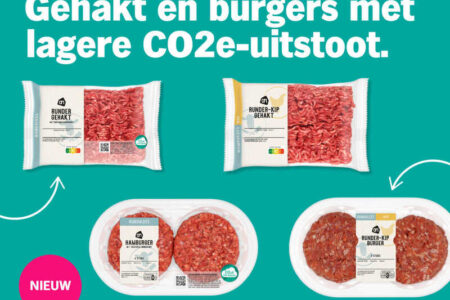Latest FIC compliance insight

With just one month remaining until the main elements of the Food Information to Consumers EU 1169/2011 Regulation (FIC) are due to come into effect in the UK, analysis of the industry’s journey toward compliance has identified where issues may persevere for those involved with the sale of food and drink products.
The third in a series of quarterly reports commissioned by GS1 UK, which show a snapshot of progress by analysing a basket of 20 products, found positive signs that industry is making significant progress toward compliance. For the first report in April, four of the 20 products were compliant, rising to eight in July and 11 in this final report.
However, there are still a handful of reoccurring issues that have been identified throughout this work – products supplied from outside the EU have consistently been found to be non-compliant for all three reports, for example.
The following trends were noted from the research:
- While there has been an overall increase in compliancy in the sample baskets, larger companies are still showing mixed levels of compliance. This is to be somewhat expected, with larger companies potentially having to work through thousands of product lines running right up to the deadline
- Both wheat flour fortification and allergen labelling have been subject to much debate in light of the FIC regulation, therefore it is encouraging to find there has been a noticeable rise in compliance as industry settles on common approaches to these problem areas
- There is a new requirement found in FIC to indicate the date of first freezing, consisting of the day, month and year in uncoded form and preceded by the words ‘frozen on …’. Not all frozen foods need to have a date of first freezing; it is only required on frozen meat, frozen meat preparations and frozen, unprocessed fishery products. However, the research shows that some products are currently missing these date requirements entirely. Additionally, special storage conditions must also be indicated after the date itself, which has been causing some products to fall short of compliance.
While the report shows a number of products were not compliant with the regulation, it does not necessarily mean these companies will miss the deadline. It must be noted that some non-compliance could be because brand owners are taking full advantage of the transition time allowed them to phase in new packaging, or they understandably wish to minimise unwelcome wastage and are therefore giving themselves as much time as possible.
When the FIC Regulation is enforced on 13 December, the only products where non-complaint labels are acceptable are on those which have been made and labelled prior to the deadline date, to enable stock already in the supply chain or on shelves to run through. Products found with illegitimate labels will be offered advice and improvement notices, and persistent failure to comply with FIC after 13 December 2014 will be an offence.
Gary Lynch, CEO of GS1 UK, says, “This series of reports has shown encouraging signs that industry is moving toward compliance. This is a costly and complex exercise for many, but food and drink businesses have been taking it very seriously and we believe that it will benefit the customer by providing them with a greater understanding of the products they are purchasing – which will ultimately be positive for businesses. While we are confident that most will achieve compliance in time, that is only the beginning – getting the processes in place to ensure it is maintained for all product changes and new launches will be a key consideration.”



